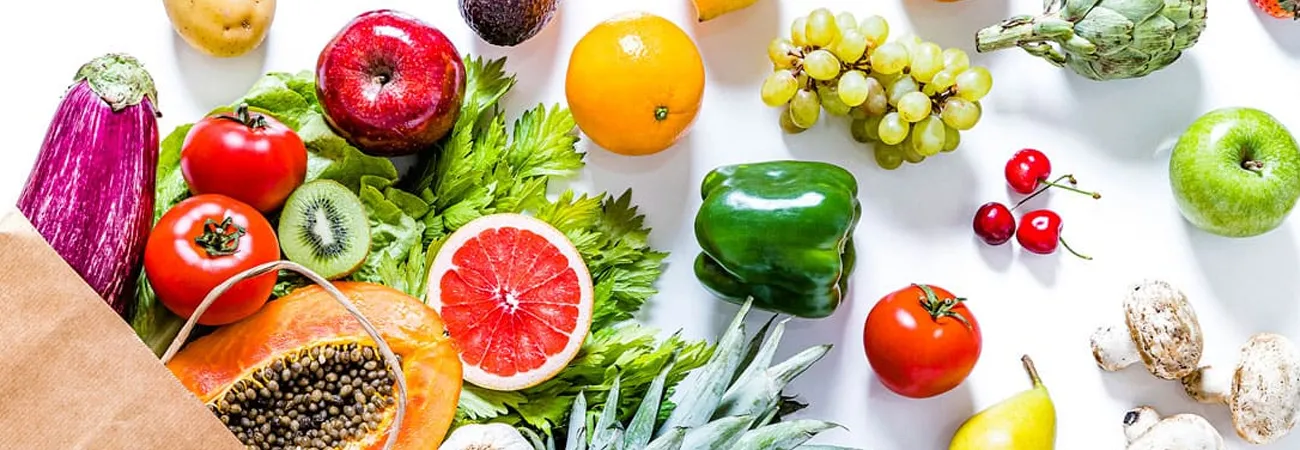i ECONOMY
Despite Pakistan's abundant agricultural resources and favourable climate, the lack of investment in quality control measures significantly hinders the country's fruit and vegetable exports. “Pakistan needs to increase investment in infrastructure development and marketing efforts to exploit its true potential for fruits and vegetables exports,” said Dr Nurullah, a senior scientific officer at National Agricultural Research Centre (NARC). “Pakistan's fruit and vegetable industry faces significant hurdles in tapping into lucrative export markets due to a lack of investment in quality along the value chain. The sector, dominated by smallholder farmers with limited technical knowledge and awareness of international market standards, suffers from fragmented structures and short-term trading practices,” he said. He said at the production level, farmers struggled with outdated methods and insufficient access to modern agricultural techniques, leading to lower yields compared to competitor countries.
“The wholesale markets, characterised by numerous intermediaries and minimal investment in quality control, further exacerbate the issue. As a result, Pakistan's produce often fails to meet the stringent quality standards demanded by international buyers.” Nurullah said the absence of cold chain infrastructure contributed significantly to post-harvest losses, which can be up to four times higher than the global average. “This further diminishes the competitiveness of Pakistani fruits and vegetables in export markets.” The key challenge lies in bridging the gap between growers and export markets, necessitating a paradigm shift in investment strategies. While technology, particularly in cold chain infrastructure, holds promise for transforming the sector, its adoption requires innovative commercial arrangements to incentivise investment, the NARC scientist pointed out. Stakeholders emphasise the importance of off-take guarantees as a means to encourage farmers to make on-farm improvements and to ensure the effective use of cold chain infrastructure.
However, such commitments are dependent on a transition towards global market-oriented practices, as the demand for quality produce within the local market is still limited. Addressing these challenges requires concerted efforts from both government and donor institutions. Large-scale training programmes for farmers, machinery operators, and agronomists are essential to modernise farming practices and improve efficiency. Additionally, policies aimed at phasing out outdated machinery imports and facilitating the upgrade of service providers in the informal sector are vital steps towards building a resilient fruit and vegetable value chain in Pakistan. Muhammad Ali, a smallholder farmer from Punjab, said: "Even though we work hard to produce quality crops, our efforts often go to waste due to a lack of proper support and investment. We need improved infrastructure, especially in transportation and storage facilities, to preserve the freshness of our produce and command better prices in both domestic and international markets. We urge policymakers to prioritise investments that directly benefit farmers like us.”
Credit: Independent News Pakistan (INP)









